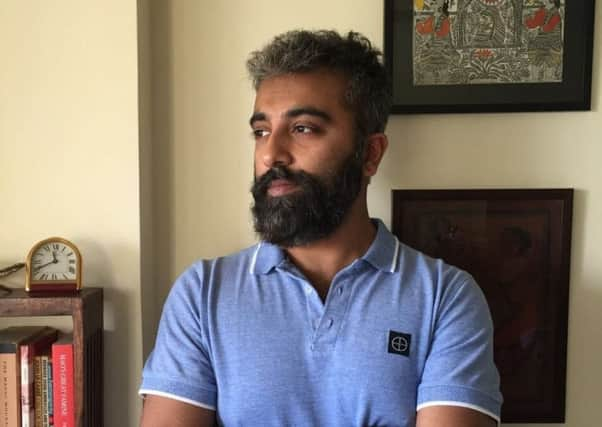Book review: Leila, by Prayaag Akbar


Prayaag Akbar’s timely and memorable new novel, Leila, takes this xenophobic small-mindedness to its chilling conclusion, imagining life in an unnamed Indian city of the future in which religious and ethnic groups have started to build enormous walls around their communities to ensure what the city council calls “Purity For All”. Travel between sectors is strictly regulated by gangs of stick-wielding thugs called Repeaters; some sectors are prosperous, some less so, and the really poor live in huge slums on the fringes of the city.
There are those, however, who continue to live in mixed communities, like the East End. Shalini and Riz are aware when they get married that a Hindu-Muslim couple will face difficulties in this emerging order, but their wealth insulates them from the changes taking place around them – until their day of reckoning inevitably arrives. A raucous pool party to celebrate the third birthday of their daughter, Leila, is interrupted by a gang of Repeaters. Riz is badly beaten, while Shalini is sent to a “Purity Camp” to be re-educated. It seems the men intended to abduct Leila, but she and her nanny, Sapna, escape.
Advertisement
Hide AdAdvertisement
Hide AdThe rest of the book concerns Shalini’s desperate attempts to find her daughter. Akbar is careful to make her sympathetic but flawed, and so our concern for her stems from the simple fact that she is a fellow human being in pain, not from any noble qualities.
It would have been interesting to learn more about the world outside the city Akbar describes so vividly – whether its troubles are reflected elsewhere or not. Given the way mankind’s horizons seem to be shrinking, however, perhaps the novel’s limited focus is appropriate.
Roger Cox
Leila, by Prayaag Akbar, Faber & Faber, £10. Prayaag Akbar is at the Edinburgh International Book Festival on 14 August